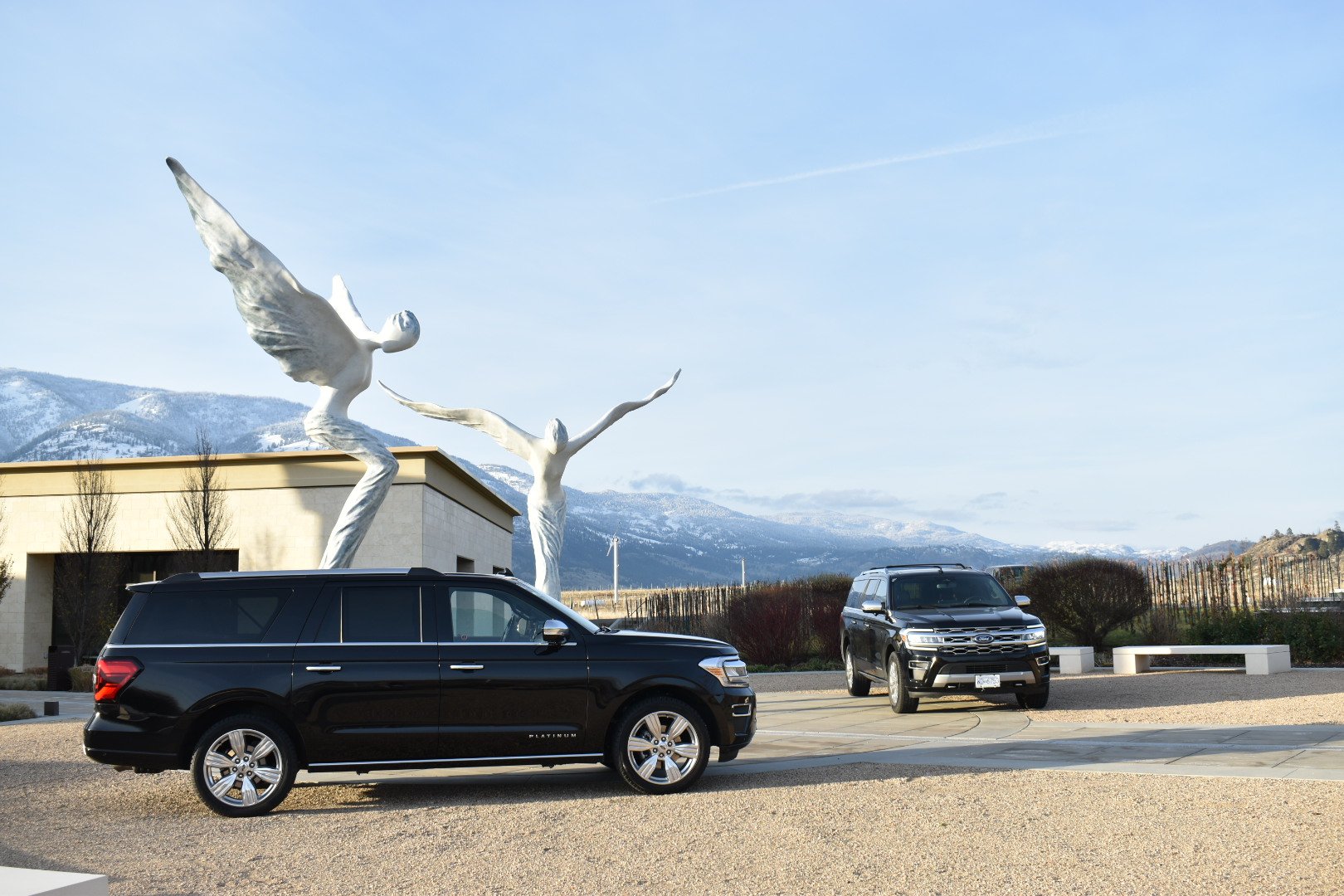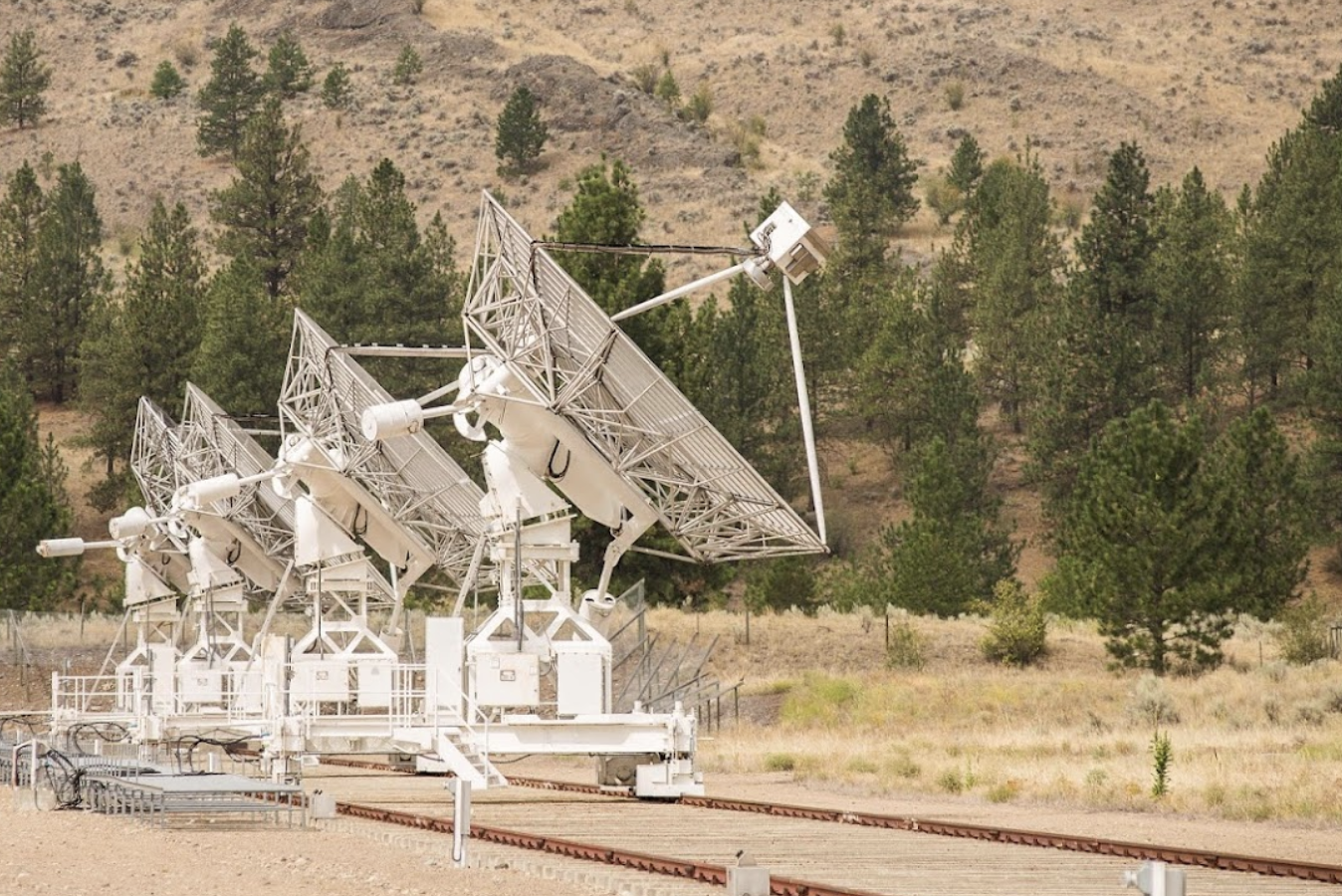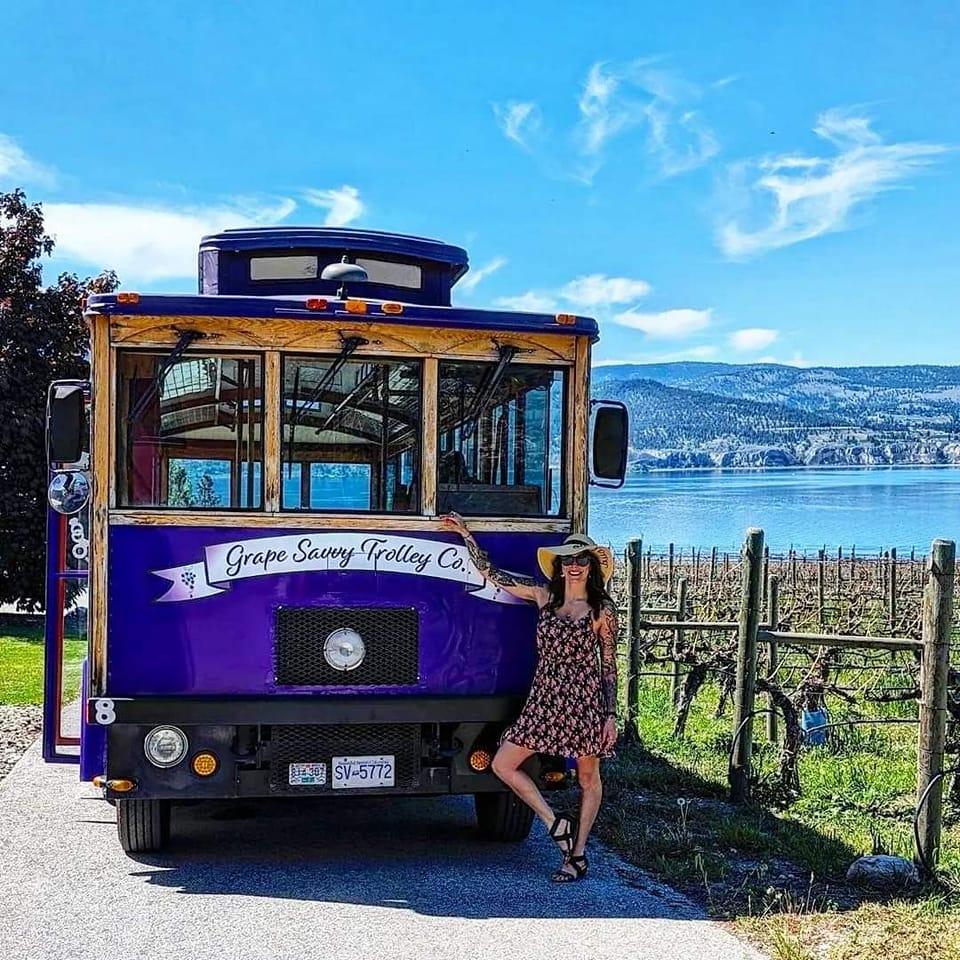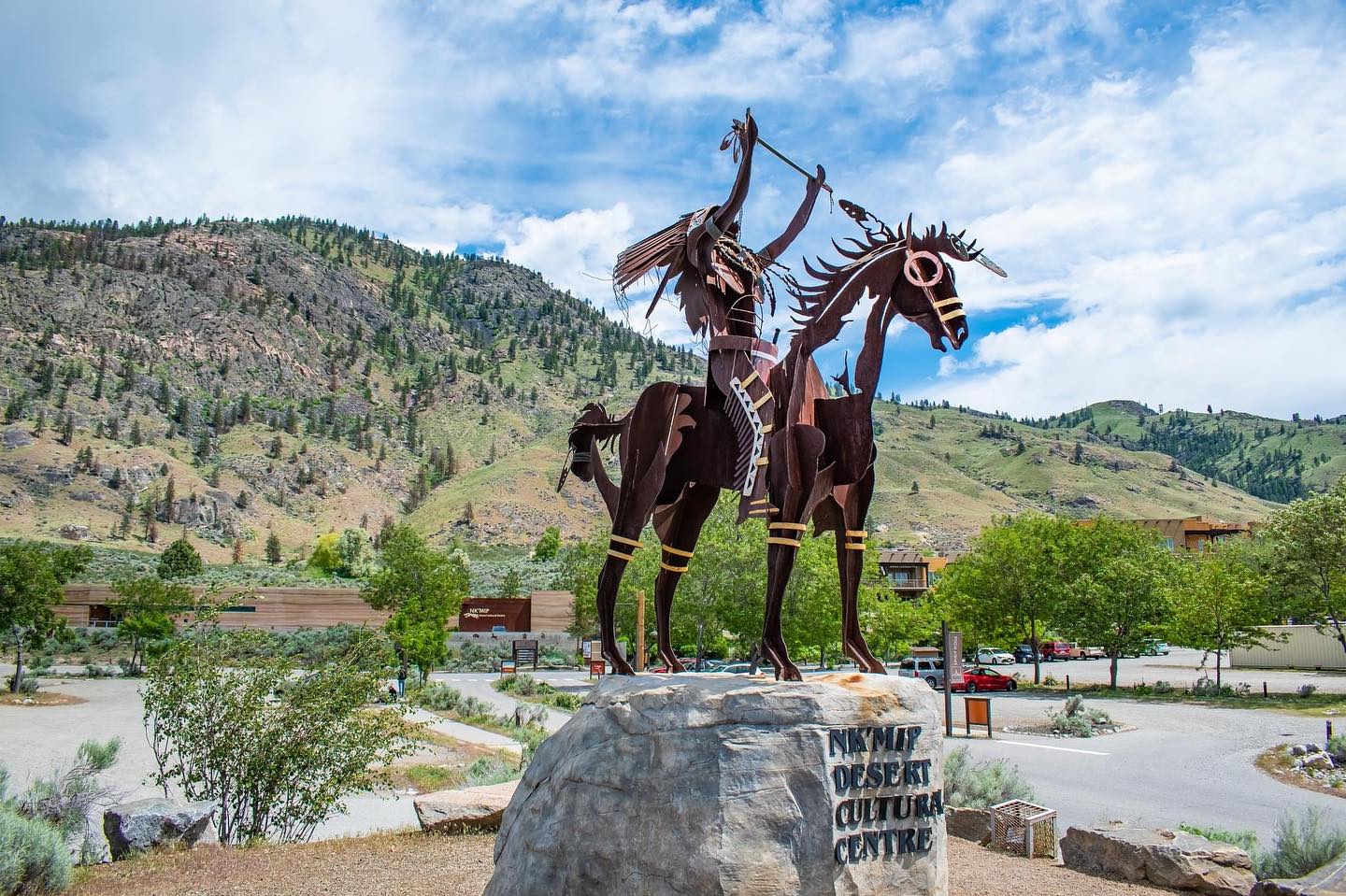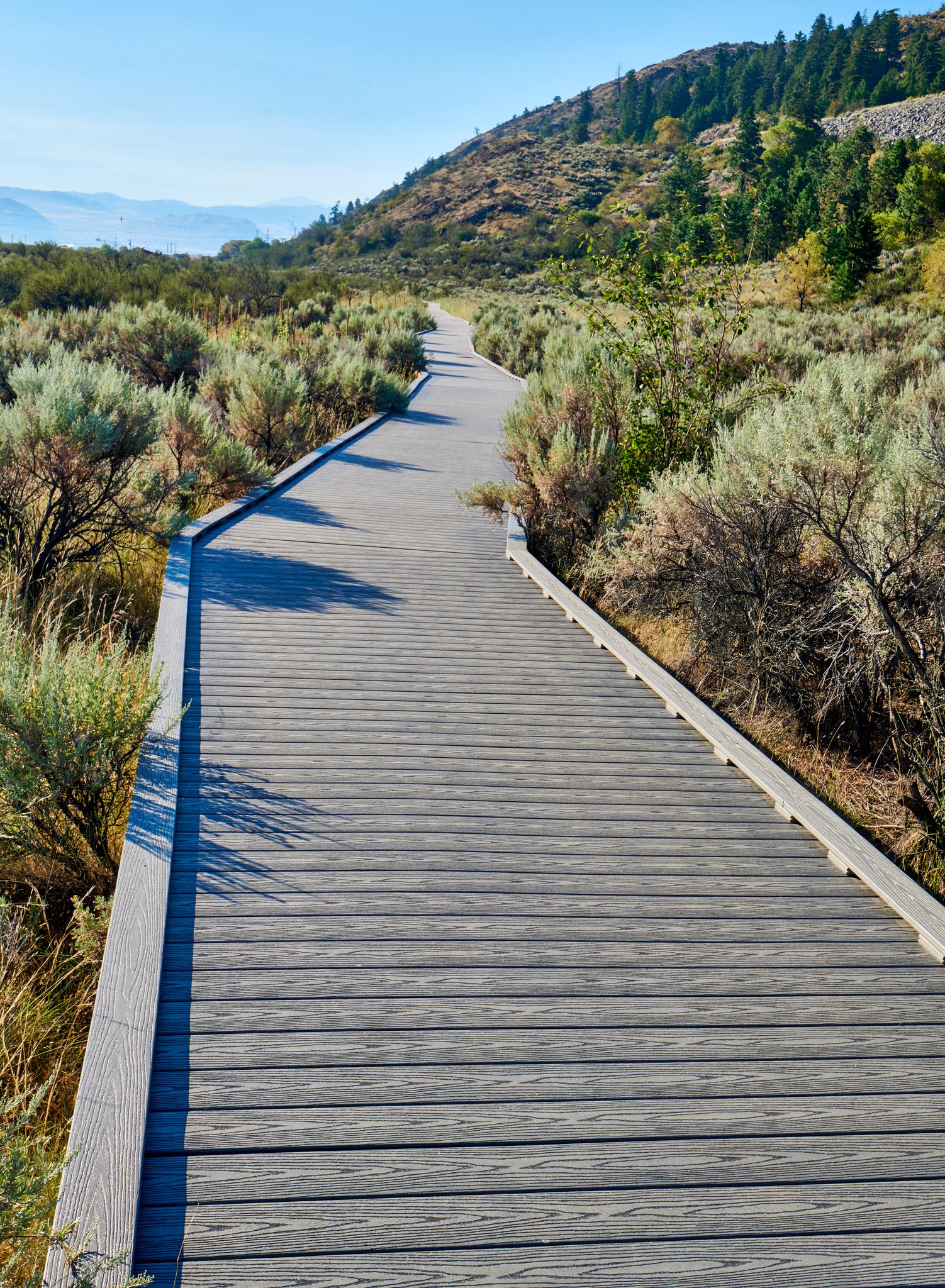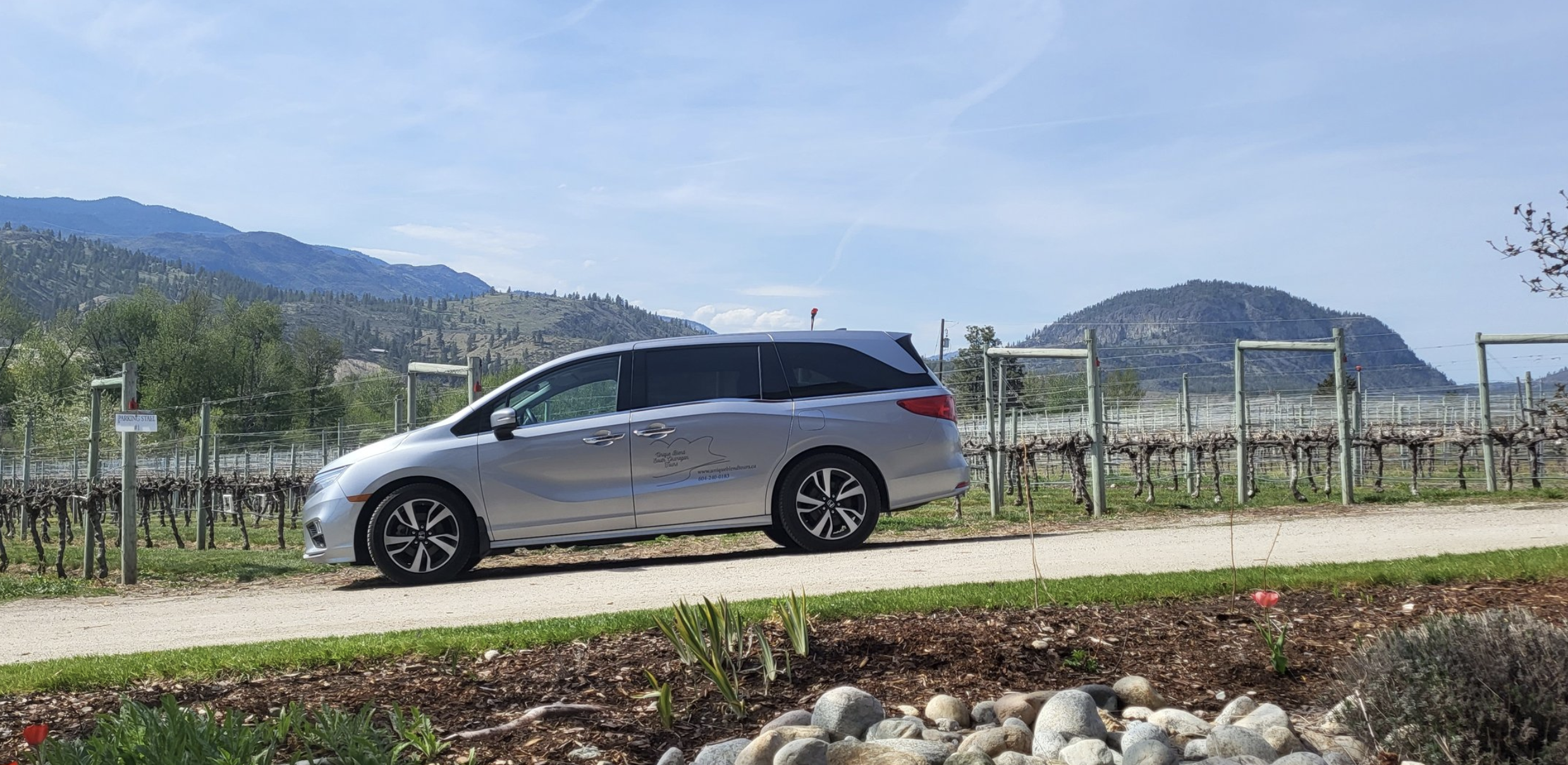Tours
Discover Oliver with expert tour operators. Enjoy guided adventures that reveal hidden gems and offer unique, unforgettable experiences.
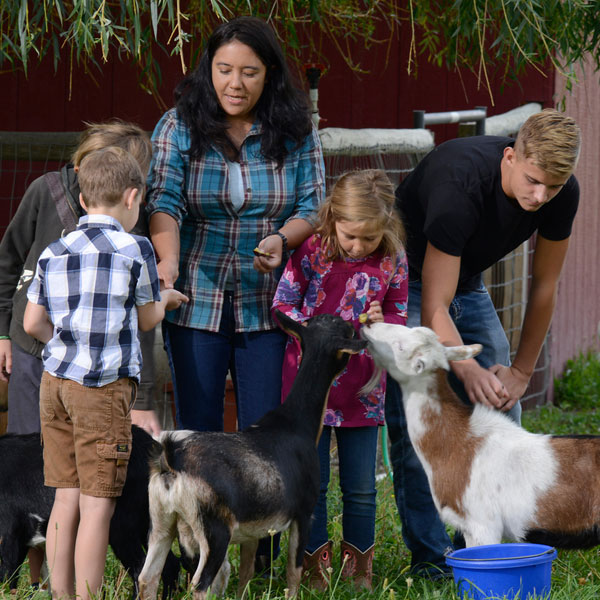

Featured Business
-
South Okanagan Tours
Learn MoreUnique Blend South Okanagan Tours is a boutique tour company which focuses on everything the South Okanagan has to offer: wine, cider, beer, agriculture, picnics, and unique adventures.
